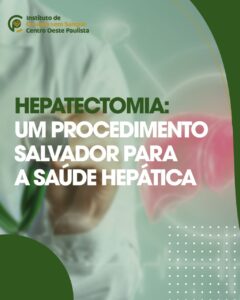
5 Adverse Reactions During Blood Transfusions
Hemolytic Reactions: These are reactions in which the patient’s immune system attacks and destroys the transfused red blood cells. This can occur due to blood

Hemolytic Reactions: These are reactions in which the patient’s immune system attacks and destroys the transfused red blood cells. This can occur due to blood

Honoring Patient Dignity: We are committed to providing safe and effective options for these patients, respecting their faith and ensuring surgery without the use of

What is Red Blood Cell Replacement? Red blood cell replacement involves restoring the lost red blood cells during surgery, ensuring that the patient maintains healthy

We can say that blood is the river of life, as it is responsible for transporting oxygen and nutrients to all cells in the body,

At the Bloodless Surgery Institute, we employ advanced techniques to control bleeding during surgeries, minimizing risk and avoiding blood transfusions. Precision Cauterization Advanced Suturing Tissue

What is Erythropoietin? Erythropoietin is a natural hormone that stimulates the production of red blood cells in the bone marrow. How does it work? During
A study with over 80,000 admissions to a hospital in Western Australia investigated acquired anemia during hospitalization and its relationship with mortality and length of

Radioablation is a minimally invasive and highly effective procedure in combating liver cancer. By using high-frequency thermal energy, such as radiofrequency or microwaves, this technique

Hepatectomy is a surgery performed to remove a part of the liver affected by diseases such as tumors, cysts, or severe damage. It is a

At the Bloodless Surgery Institute, we are here to empower you to make treatment choices that align with your needs and preferences. We offer safe

At the Bloodless Surgery Institute, we are committed to providing innovative treatments that prioritize patient safety and quality of life. Our revolutionary approach eliminates the

Gastrectomy is a surgical procedure performed to fully or partially remove the stomach, usually to treat conditions such as gastric cancer or advanced peptic ulcers.